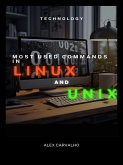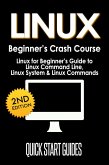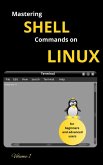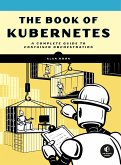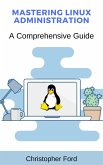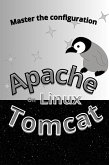The many variants of UNIX cause additional difficulties. Even Linux has multiple variants: there are often subtle differences in the Linux implementations by Red Hat (Fedora), Ubuntu, SUSE, and Debian. For example, one of my recent senior students had a major project that required using a particular "Linux" software application containing a particular language's character set and grammar. The software would not work (indeed, it would not even install properly) on three of the most common Linux implementations!
Our approach is to focus on a smaller set of commands and system calls - the ones that are most important. For each of these, only the most useful of the many options are described.
As a professor, I taught operating systems in general, and UNIX in particular, for over twenty-five years. As the author of the book Advanced Topics in UNIX, which was selected as a main selection on UNIX by the Newbridge Book Club, and Advanced Topics in UNIX, Second Edition (available electronically on this ebook platform), I had to make choices in what I presented and how I presented it. Finally, as an analyst/consultant on many different applications in multiple UNIX and Linux systems, I had to make choices based on the quality of the source code, and on its performance and maintainability.
I am confident that I have made the correct choices in selecting which of the many shell commands, system calls and options to discuss in this book and at what level they should be discussed. I hope you agree.
Dieser Download kann aus rechtlichen Gründen nur mit Rechnungsadresse in A, B, CY, CZ, D, DK, EW, E, FIN, F, GR, H, IRL, I, LT, L, LR, M, NL, PL, P, R, S, SLO, SK ausgeliefert werden.
Hinweis: Dieser Artikel kann nur an eine deutsche Lieferadresse ausgeliefert werden.



